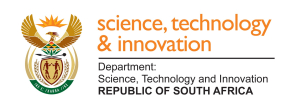Overview
Through the Department of Science and Innovation (DSI), the government of the Republic of South Africa instituted the delivery of science, technology, engineering and mathematics (STEM) awareness campaigns in collaboration with various institutions, including science centres. Using interactive and/or hands-on exhibits and related programmes, science centres provide a platform for society to engage with SET.
The DSI approved a national plan for a Network of Science Centres in South Africa which has the following goals:
- To promote Science & Technology literacy among young people and the general public.
- To contribute to the enhancement of learner participation and performance in science, technology, engineering and mathematics (STEM).
- To identify and nurture youth talent and potential in STEM.
- To provide career education in STEM-based discipline.
Accreditation of Science Centres
In pursuit of the above goals, the DSI regards a national network for science centres as an ideal infrastructure for the delivery of STEM public awareness and STEM youth development. The network of science centres is to be established and maintained by means of accreditation. Accreditation against a clear set of criteria would lend credibility to a science centre, and benefits would include the ability to indicate to potential sponsors that the centre is worth supporting. Accredited science centres would qualify to apply for financial grants, support and/or subsidies from the DSI, make use of a pool of exhibits and traveling exhibits, training and shared programmes, and provide a platform for international recognition.
Join the Network
Membership of the network is voluntarily and is gained through a process of accreditation for a five-year period. Re-accreditation will then take place in a five-year cycle. A member may at any time withdraw from the accredited network. The network makes provision for the admission and management of ongoing membership of this diverse range of science centres. The network will use a developmental approach to support continuous improvement rather than compliance with minimum requirements.
The process of registering and applying is managed by the accreditation office. Join the network and gain accreditation status via a process of self-evaluation and then peer-evaluation during a visit to your science centre.
Capacity Building
The Science Centre Capacity Building (SCCB) Programme was initiated by the DSI with the aim to capacitate the South African science centre community to operate their centres effectively through a number of initiatives and means, including training. In addition to training, the programme also offers opportunities for networking and information sharing among various science centre practitioners.
The Science Awareness Platforms (SAP) Unit at SAASTA has the responsibility to identify training interventions meant to capacitate science centre staff. The participants range from floor presenters to Managers. The training interventions are identified in collaboration with the DSI and the local chapter of the South African Association of Science and Technology Centres (SAASTEC).
Science Centre personnel through centre managers are provided with a list of identified training interventions for the year and invited for participation. The list includes dates for implementation thus allowing participants to plan on time and in line with their centre programmes. Relevant staff members, depending on their roles are nominated at the centres for participation and the SAP Unit at SAASTA is responsible for covering all the costs.
Science Centre Support
SAASTA has been mandated by the DSI to administer funds for the enhancement of science centre programmes in South Africa. The overall aim of the Programmatic Support Grant Intervention (PSGI) is to contribute to an environment that enables science centres to respond to the following objectives of the Youth into Science Strategy (YiSS):
- promotion of science and technology literacy among the youth and the general public;
- enhancement of learner participation and performance in science, technology, engineering and mathematics (STEM);
- identification and nurturing of youth talent and potential in STEM; and
- promotion of STEM career education.
The specific activities and items that are funded include the following:
- Interactive Exhibits – Exciting, attractive exhibits that actively engage participants (tell me I’ll forget, show me I’ll remember, involve me I’ll understand). Exhibits that address scientific concepts in a fun, exciting and memorable way.
- Computers – People are given the opportunity to learn computer skills after hours at the centres.
- Mobile Labs – Mobile labs are used to reach remote rural villages with science outreach activities. Mobile labs make it possible for learners in the rural schools to perform scientific experiments hands-on. Mobile labs helps to eliminate the problem encountered by many first year university students who only get the opportunity to see and touch laboratory equipment at university for the first time and then have a distinct disadvantage when compared to students from urban areas.
- Learner Activities – Learner activities range from transporting learners to the centre to participate in programmes, conducting learner workshops, camps for learners, and assisting science clubs in the vicinity of the centre. It is a challenge for most learners to pay travel costs to science centres, therefore the centres often use grant funds for transport. Popular educational activities are rocket building and telescope building workshops.
- General – Centres also use the funding for libraries, where learners are encouraged to read and do research since some centres do not have Internet facilities for research purposes. Career guidance centres are also being introduced in order to address problems related to a lack of information on career choices. Centres have acquired funding to build laboratories to enable learners to perform prescribed experiments.
Science Centers in SA
Science centres online platform
South African Network of Science Centres (SANSC) is an online management system for the Science Centre Network profiling and online monitoring coordinated by SAASTA. The system automates the process of evaluation and/or accreditation and profiling of the science centres. It accepts both new and old science centres who have gone through the evaluation process as part of the Network of Science Centres in South Africa. The Network of Science Centres in South Africa is a group of science centres interconnected, aligned with, and supported by the Department of Science and Innovation (DSI). The science centres are the basic infrastructure for the delivery of the DSI-led science promotion programme that seeks to (a) create a society that is knowledgeable about science, critically engaged, and scientifically literate; and (b) encourage the youth’s participation in science, technology, and innovation.
Centres
Documents
Contact
 Shadrack Mkansi
Shadrack Mkansi
Manager
Email: MS.Mkansi@saasta.nrf.ac.za
Call: (0)12 392 9341
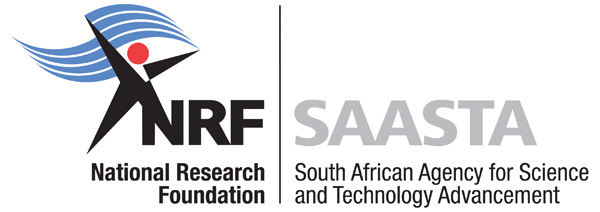
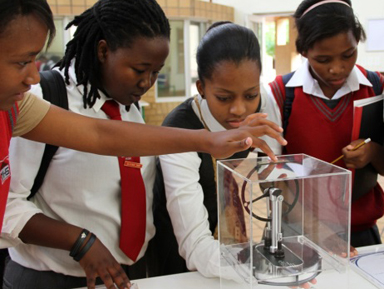
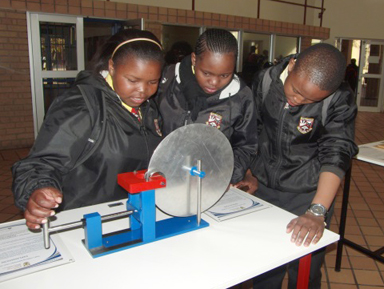
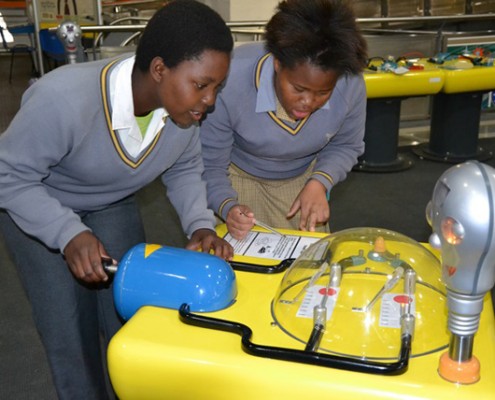
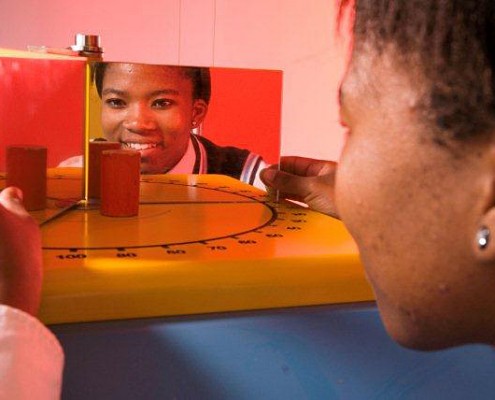
 The South Africa Agency for Science and Technology Advancement (SAASTA) is a business unit of the
The South Africa Agency for Science and Technology Advancement (SAASTA) is a business unit of the 